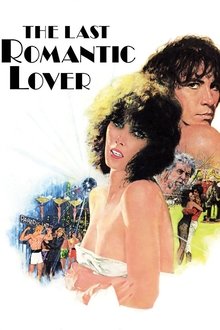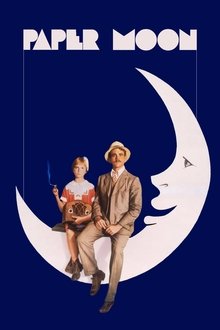From the moment she glimpses her idol at the stage door, Eve Harrington is determined to take the reins of power away from the great actress Margo Channing. Eve maneuvers her way into Margo's Broadway role, becomes a sensation and even causes turmoil in the lives of Margo's director boyfriend, her playwright and his wife. Only the cynical drama critic sees through Eve, admiring her audacity and perfect pattern of deceit.
Related Movies
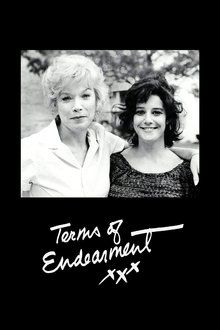
Terms of Endearment (1983)
Aurora, a finicky woman, is in search of true love while her daughter faces marital issues. Together, they help each other deal with problems and find reasons to live a joyful life.

Autumn in New York (2000)
Will Keane, a Manhattan restaurateur, is content with his playboy lifestyle until he meets Charlotte Fielding, a free-spirited young woman. Together the pair pursue a passionate affair that forces them both to reevaluate what they want out of life, even as fate threatens to steal away their future.

Happiness (1998)
The lives of several individuals intertwine as they go about their lives in their own unique ways, engaging in acts which society as a whole might find disturbing in a desperate search for human connection.

Crazy/Beautiful (2001)
At Pacific Palisades High, a poor Latino falls hard for a troubled girl from the affluent neighborhood.
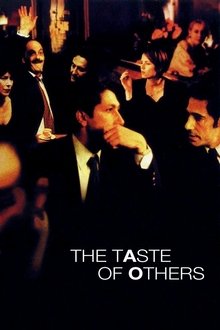
The Taste of Others (2000)
Unpolished and ultra-pragmatic industrialist Jean-Jacques Castella reluctantly attends Racine's tragedy "Berenice" in order to see his niece play a bit part. He is taken with the play's strangely familiar-looking leading lady Clara Devaux. During the course of the show, Castella soon remembers that he once hired and then promptly fired the actress as an English language tutor. He immediately goes out and signs up for language lessons. Thinking that he is nothing but an ill-tempered philistine with bad taste, Clara rejects him until Castella charms her off her feet.
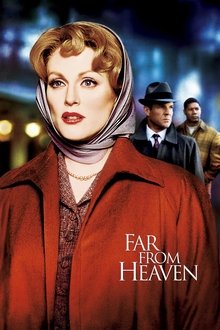
Far from Heaven (2002)
In 1950s Connecticut, a housewife's life is upended by a marital crisis and mounting racial tensions in society.
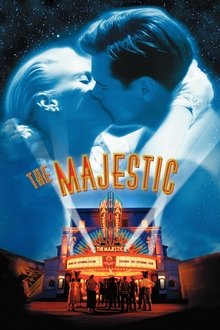
The Majestic (2001)
Set in 1951, a blacklisted Hollywood writer gets into a car accident, loses his memory and settles down in a small town where he is mistaken for a long-lost son.
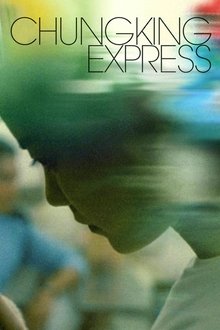
Chungking Express (1994)
Two melancholic Hong Kong policemen fall in love: one with a mysterious underworld figure, the other with a beautiful and ethereal server at a late-night restaurant.
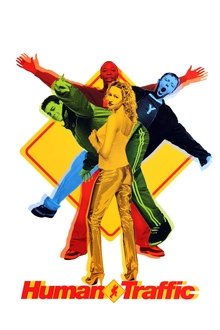
Human Traffic (1999)
For Jip, Lulu, Koop, Nina and Moff, the dead-end jobs they endure during the week just kill the time until Friday night. That's when they cut very loose and get on the rollercoaster ride that takes them right through to Monday morning.

Secrets & Lies (1996)
After her adoptive mother dies, Hortense, a successful black optometrist, seeks out her birth mother. She's shocked when her research leads her to Cynthia, a working class white woman.

The White Rose (1933)
Topping the list of 100 Best Egyptian Films, this classic musical melodrama launched the film career of one of Egypt’s greatest singers and composers, Mohamed Abdel Wahhab. Galal Effendi, the son of an impoverished aristocrat, is forced to leave his studies to seek employment. After a short stint as a clerk, however, Galal discovers his musical talents and finds success as a popular singer. Through its story of upward mobility based on merit rather than influence, the film examines the emergence of Egyptian middle-class identity.

My Little Sweet Pea (2013)
It isn't easy to find a dream to chase when you're young, but Mugiko has one: she can't wait to become an anime voice actress. Saving up for classes while she works part time in a manga store, she lives with her older, gambler brother after her father's death. When the mother she never knew turns up out of nowhere and moves in, it only causes irritation for the aspiring otaku. But when her mother just as quickly disappears, it leaves Mugiko (or "Sweet Pea") searching for answers, bringing her back to her mother's hometown to discover what happened to her mother's own dream.
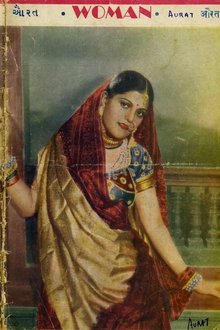
Aurat (1940)
Radha is a resolute mother, who strives hard against poverty and a lecherous money lender to feed her two sons who grew up with contrasting temperament.
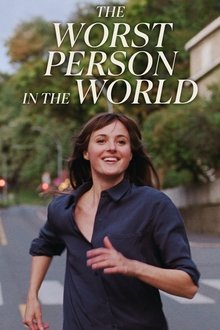
The Worst Person in the World (2021)
The chronicles of four years in the life of Julie, a young woman who navigates the troubled waters of her love life and struggles to find her career path, leading her to take a realistic look at who she really is.
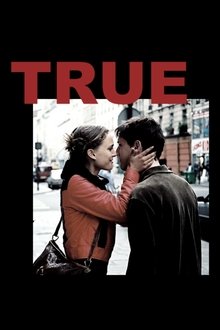
True (2004)
While he's receiving an enigmatic phone call from his girlfriend Francine, Thomas remembers the milestones of their relationship, from the very moment they met in a really strange way. A segment of “Paris, je t'aime” (2006).
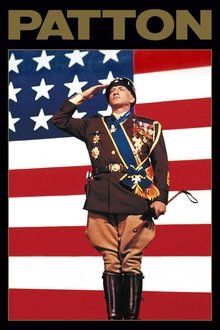
Patton (1970)
"Patton" tells the tale of General George S. Patton, famous tank commander of World War II. The film begins with Patton's career in North Africa and progresses through the invasion of Germany and the fall of the Third Reich. Side plots also speak of Patton's numerous faults such his temper and habit towards insubordination.
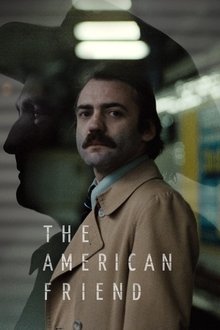
The American Friend (1977)
Tom Ripley, an American who deals in forged art, is slighted at an auction in Hamburg by picture framer Jonathan Zimmerman. When Ripley is asked by gangster Raoul Minot to kill a rival, he suggests Zimmerman, and the two, exploiting Zimmerman's terminal illness, coerce him into being a hitman.
